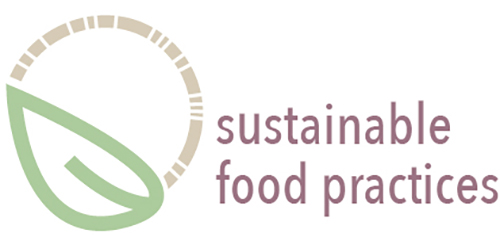
Lunch Debate: Sustainable Food Practices
Wednesday 3th October 2018
The University of Luxembourg Multidisciplinary Area of Research in Sustainability (MARS) and Caritas Luxembourg organised a lunch debate on the topic of Sustainable Food Practices. Dr. Rachel Reckinger gave a lecture about ‘Alternative Food Networks in Luxembourg’s Foodscape’.
Find the flyer here
Rachel Reckinger’s presentation and suggested reading:
Alternative Food Networks Luxembourg_Literature_Reckinger
Abstract
In this conference, I propose to discuss the impact, risks and motivations of producers and consumers altering foodscapes.
The main impact that heterodox actors can have seems to be, on one hand, the creation of resourcefulness from innovative niches, not designed to be upscaled but spread by ubiquitous networking and, on the other hand, the exemplification of heterodox economic practices that reduce the current deskilling of producers and consumers and the depletion of natural resources. The risk associated with heterodox initiatives is, besides basic economic viability, territorial competition over land and resources, as well as – more insidiously – the potential of co-option by neoliberal corporate agendas. The motivations of actors involved in such social movements, albeit diverse, tend to stem from a stance of care and ethical (self)government, often using community self-organisation-tools. Such an analysis of food value chain practices focuses on negotiations and struggles among actors in a multifaceted foodscape, where some block and some enhance transitions. Viewing the relationships, interconnectedness and agency of niche innovations and regime hegemonies opens up the perspective of contested knowledge claims.
Yet, the daily practices stay embedded in social, cultural and economic constraints and in routines, which are built on tacit knowledge, collective learning and engrained practices; even though repetitive, they can account for both reproduction and innovation. Which types of governance at all levels have shown themselves to be effective in supporting and empowering such bottom-up changes in “knowing and growing food in a contested arena” (Goodman, DuPuis, Goodman 2014)?
Recently, a number of resourceful community-driven initiatives for local food production and retail have arisen in Luxembourg, where low organic agricultural rates are paired with high consumer demands for organic produce, leading to a largely imported organic market. As an encompassing reaction, a niche of social innovators are combining agro-ecological land use and food production with locavorousness and circular economy.
Based on qualitative interviews and participant observation, we expand on four case studies of fruit and vegetable production as well as unpackaged and/or socially responsible food retail in today’s Luxembourg. One has been established since the 1980s with over 200 employees, partly in social insertion measures, producing and importing organic fruit and vegetables. Since 2014, three significantly smaller initiatives with higher citizen involvement have emerged, with a cooperative governance structure, a claimed community-supported agricultural outlook, a dynamic presence on social media and regular hands-on workshops and activities. These recent initiatives are more radical in their agro-ecological and/or permaculture practices. In a renewed enacting of circular economy precepts, they focus on local production without relying on imports, as a politicized step further than (possibly industrialized) organic production.
Grounded in heterodox experiences of alternative actors in food production and retail niches, I analyse ethical entrepreneurship and the governmentality at its core, political enabling or disabling structures and regulations, as well as commodification and upscaling issues. Therefore, this talk touches on governance interrelations between food policies and the politics of contested claims for, and practices of, social and environmental justice.


